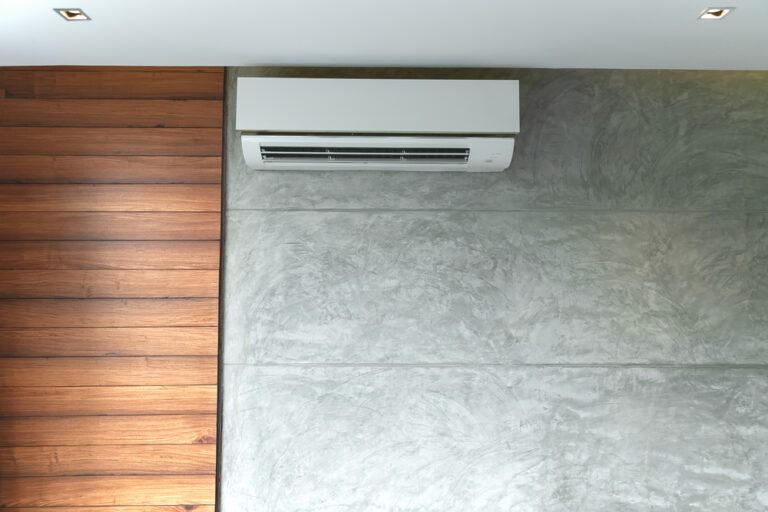Are heat pumps a serious option for reducing our carbon footprint?
In 2020, the Sierra Club conducted a detailed analysis of current and future electricity grid and assessed the impact of converting homes to electric heat pumps. The answer is clear: Installing clean, electric heat pumps to replace gas heaters or wood fires cuts climate and health pollution.
The climate benefits of electrification are due to (1) the superior performance of heat pumps, which use at least three to four times less energy than other appliances, and (2) the fact that electricity grids are already using significant amounts of renewable energy and will continue to get cleaner over the lifetime of a new electric appliance.
“In fact, for the average house, installing electric heat pumps will reduce heating emissions more than 45 percent over the next 10 years”
Sierra say that a heat pump is definitely better for the environment. Heat pumps use only about a third as much electricity as other electric heaters.
Energy Efficient
This design means they can also cool homes, but they are best suited for heating, says Kashif Nawaz, of Oak Ridge National Laboratory. They deliver three to four times as much heat for the same energy input.
“They are the most efficient heating equipment for domestic heating”
In the US, new Rocky Mountain Institute analysis examined each of the lower 48 states, focusing on the largest direct use of fossil fuel in buildings: home heating.
The Challenge
Forbes stated recently that, heating water, our homes, and heat for industrial processes account for more than half of all energy demand, according to the IEA. But just 10 percent of this heat comes from renewable sources, with the majority being produced using fossil fuels.
Forbes said that, While heat pumps currently meet just 3 percent of global heat demand from buildings, they have seen rapid growth in recent years: the growth rate in global heat pump sales doubled between 2016 and 2018, with 80 percent of new household heat pump installations in China, Japan and the U.S..
Saving Money
Given that heating can account for over 35% of our winter power bill, choosing the best option to heat your home is important.
Heat pumps are a very cost effective alternative to traditional electric heating options because they move – rather than generate – heat. (1)
“They are the most energy efficient and cost effective electric way to keep your home warm and dry during the cooler months.”
Heat pumps are efficient in cold weather. Using a heat pump can save you money compared to other forms of heating.
A heat pump’s running costs depend on how long you use it and its energy output. According to energywise.govt.nz, a heat pump used 6 hours per day for 6 months of the year with an energy output of 6KwH will cost around $400 per year to run.
“Using a heat pump instead of an equivalent electric heater in your living space can save you around $500 a year.”
You can read the original article here inducing 8 tips for saving honey with a heat pump!



